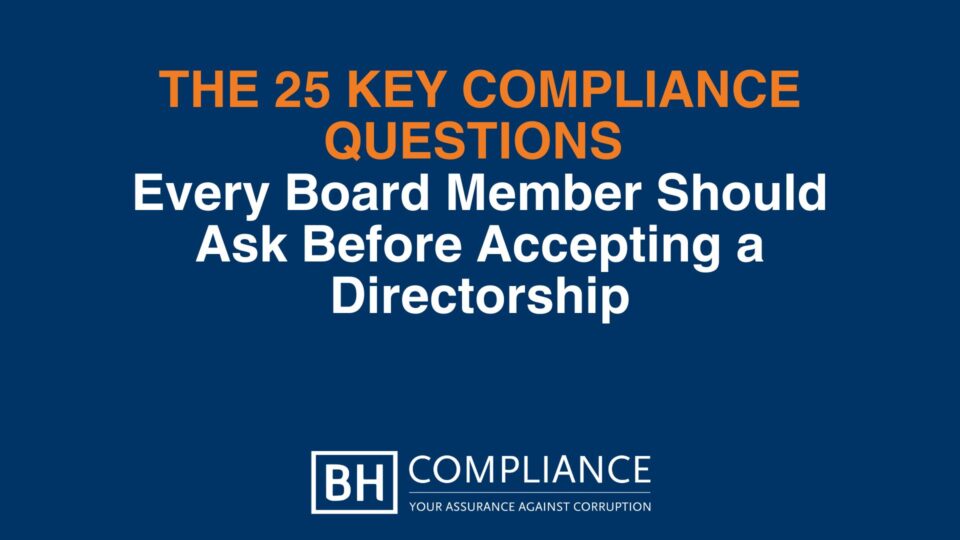
Board members play a fundamental role as the highest governing and oversight body of a company. They are responsible for protecting the organization’s finances, assessing the performance and suitability of management, defining the business strategy, and ensuring that it is carried out in line with the company’s values and purpose.
This essential role also comes with significant challenges inherent to leadership and the nature of business itself, as directors’ decisions impact shareholders, internal operations, and all relevant stakeholders.
In this context, it is crucial that board members fulfill their fiduciary duties of loyalty and care, principles primarily developed in Anglo-American corporate law. Notably, the duty of care is supported by the Business Judgment Rule, which holds that corporate decisions must be made in good faith, with due diligence, and based on sufficient information. This allows directors to justify their decisions by demonstrating the soundness of the process that led to them.
Given the growing evolution of criminal law—especially regarding the legal liability of both individuals and corporations—compliance programs are becoming a key support tool for boards and senior management. A well-designed and effectively implemented compliance program serves as a form of insurance, helping protect both the company and its directors in the event of wrongdoing. These programs provide visibility into whether company areas are adhering to internal protocols and policies, and how the organization responds to potential risks or violations.
That’s why before accepting a directorship, it is critical for incoming board members to ask a series of targeted compliance-related questions. These questions are essential for directors to carry out their role confidently, responsibly, and effectively—benefiting from the significant protection that a robust compliance framework can offer.
Below are 25 key compliance questions directors should ask before taking on their role:










